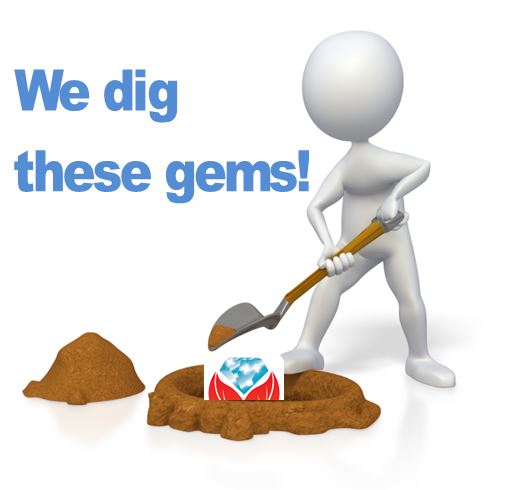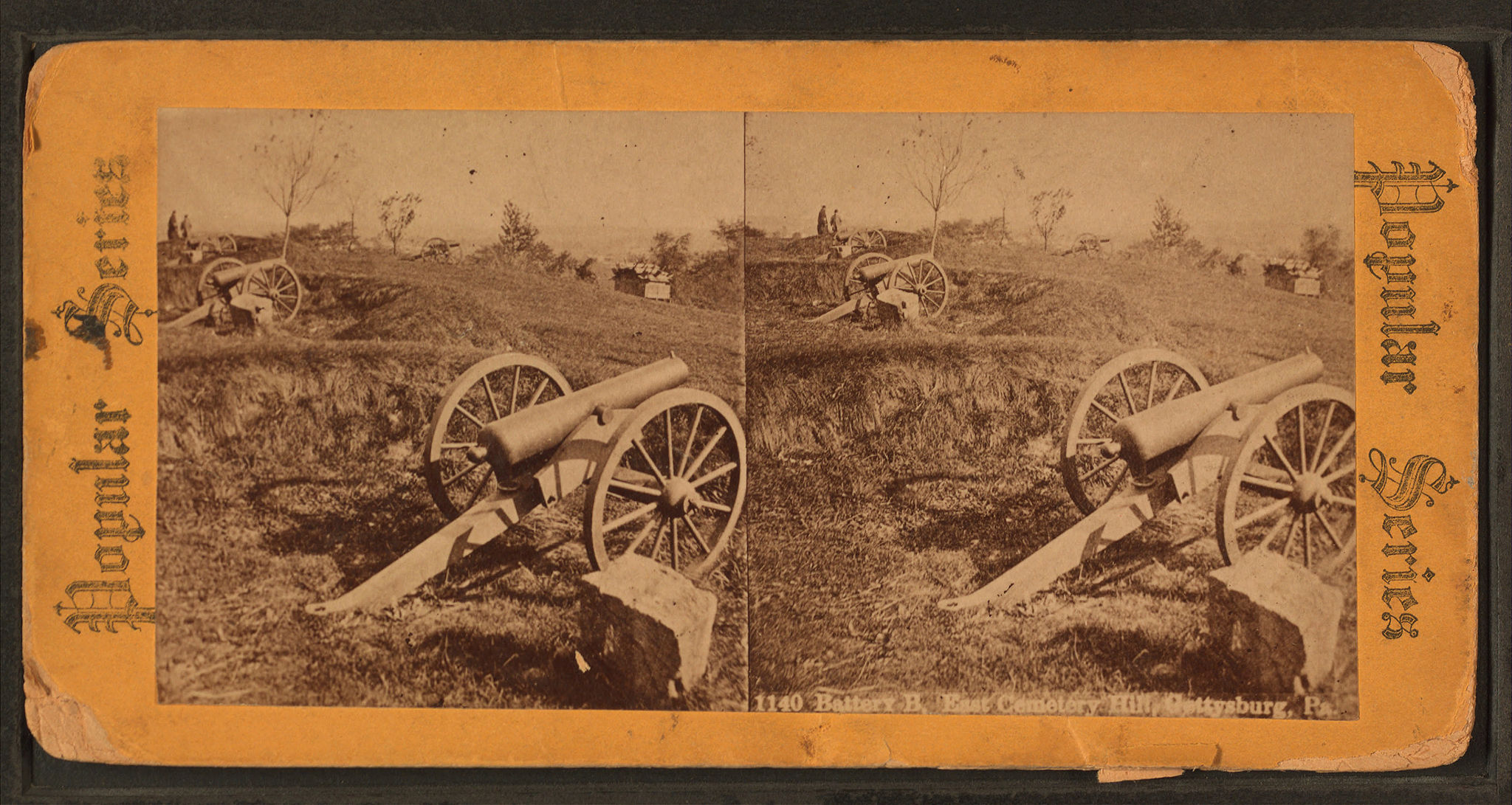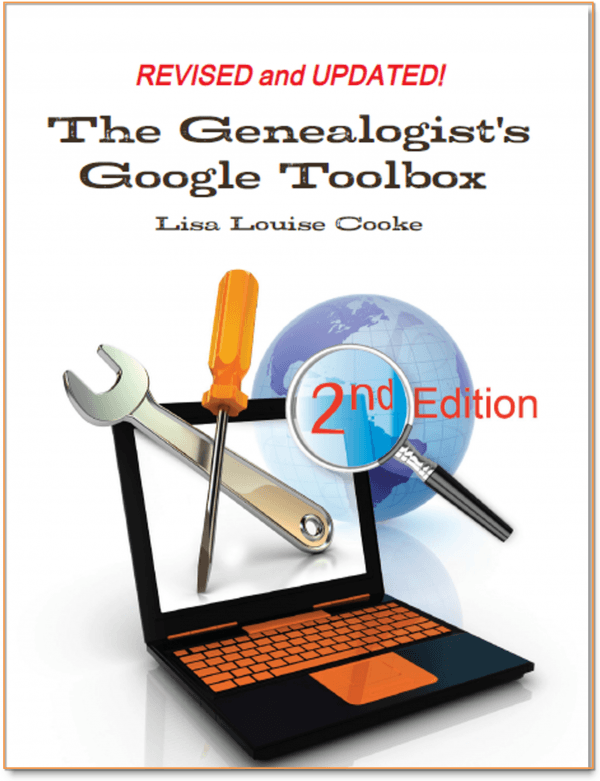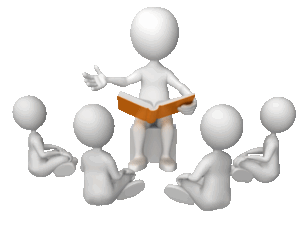by Lisa Cooke | Mar 6, 2015 | 01 What's New, Brick Wall, Canadian, Cemeteries, FamilySearch, Google, Maps, Records & databases, Research Skills, United States
Every week, we see so many new genealogy records posted online! We highlight major resources in individual blog posts. But sometimes smaller or  regional collections catch our eye, too. We’ll round these up for you in a post like this on Fridays.
regional collections catch our eye, too. We’ll round these up for you in a post like this on Fridays.
Watch for the genealogy records that your ancestors might appear in–but also watch for the kinds of records that may be out there for your kin, which might help you break down your family history “brick walls.”
PRISON RECORDS. Kingston, Canada, Penitentiary Inmate Ledgers, 1913-1916, are now available on Flickr. According to GenealogyCanada.blogspot.com, “The ledger includes frontal and profile mug shots, the inmate’s name, alias, age, place of birth, height, weight, complexion, eye colour, hair colour, distinctive physical marks, occupation, sentence, date of sentence, place of sentence, crime committed, and remarks of authorities.”
CEMETERY HEADSTONES. The Canadian Headstone Photo Project is now also searchable at FamilySearch.org. The original site with over a million headstone photos isn’t new. But some people don’t know about the site, and its search interface isn’t as pretty or flexible. So we think it’s nice that FamilySearch is hosting that data, too. According to FamilySearch, the collection is still growing. “This collection will include records from 1790-2013. The records include a name index of headstone inscriptions, courtesy of CanadianHeadstones.com, which is a family history database of records and images from Canada’s cemeteries.”
HISTORICAL PROPERTIES MAP INTERFACE. The state of Delaware in the United States has launched an updated version of its CHRIS (Cultural and Historical Resource Information System) GIS tool. Use this interface to explore houses, districts and National Historic Landmarks in your ancestor’s Delaware neighborhoods. Maybe a place they lived, worked, shopped, worshiped or attended is still standing!
 Not sure how to find record sets like these for YOUR family history? Here’s a tip! Use the “numrange” search operator in Google to locate records from a particular time period. Do this by typing the range of years to search (first and last year) into your Google search box, with two periods in between (no spaces). For example, the search “Kingston Penitentiary” 1900..1920 brings up the ledgers mentioned above.
Not sure how to find record sets like these for YOUR family history? Here’s a tip! Use the “numrange” search operator in Google to locate records from a particular time period. Do this by typing the range of years to search (first and last year) into your Google search box, with two periods in between (no spaces). For example, the search “Kingston Penitentiary” 1900..1920 brings up the ledgers mentioned above.
This tip comes to you courtesy of the book The Genealogist’s Google Toolbox, Second Edition by Lisa Louise Cooke–the fully-revised 2015 edition that’s packed with strategies that will dramatically improve your ability to find your family history online.
by Lisa Cooke | Nov 27, 2013 | 01 What's New, History, Newspaper
We just celebrated the 150th anniversary of President Abraham Lincoln’s now famous speech at the dedication of the Gettysburg Cemetery, a national

Battery B, East Cemetery Hill, Gettysburg, Pa, from Robert N. Dennis collection of stereoscopic views. Wikimedia Commons Image.
cemetery created at the site of one of the bloodiest battles of the Civil War.
Presidents give a lot of speeches–and most are never remembered. But the Gettysburg Address, as it came to be known, was immediately appreciated as something special. The press described it as “a perfect gem…unexpected in its verbal perfection and beauty.”
150 years ago today The Caledonian newspaper reprinted the entire speech. (Don’t stop there: you can read high-resolution digital versions of all five of Lincoln’s handwritten copies of the address and learn all kinds of things about the Address at the Google Cultural Institute.
The Gettysburg Address is part of the genealogy of every American whose ancestors lived through the Civil War. Few were unaffected by the War, whether they lived in the North, South or further West. Certainly its tensions and outcomes shaped the nation’s economy, social mores and more for decades to come.
Life-shaping battles and other events–and responses to them like the Gettysburg Address–appear in newspapers. That’s why I love teaching genealogists about using newspapers, and why I wrote the book How to Find Your Family History in Newspapers. The “daily news” of the past tells us what people were doing and saying and why.
 If you’re wondering what the Google Cultural Institute (GCI) is, you’re not alone. It’s a less-heralded but really important part of what Google offers. The GCI is a Google effort launched in 2011 to “make important cultural material available and accessible to everyone and to digitally preserve it to educate and inspire future generations.” (From GCI FAQ.) As of mid-2013, over 6 million photos, videos and documents are on the site, including all kinds of international cultural materials. If you haven’t explored the many Google tools helpful to genealogists, I suggest you read my book The Genealogist’s Google Toolbox. Either of these books will make a great holiday gift to yourself–and your research!
If you’re wondering what the Google Cultural Institute (GCI) is, you’re not alone. It’s a less-heralded but really important part of what Google offers. The GCI is a Google effort launched in 2011 to “make important cultural material available and accessible to everyone and to digitally preserve it to educate and inspire future generations.” (From GCI FAQ.) As of mid-2013, over 6 million photos, videos and documents are on the site, including all kinds of international cultural materials. If you haven’t explored the many Google tools helpful to genealogists, I suggest you read my book The Genealogist’s Google Toolbox. Either of these books will make a great holiday gift to yourself–and your research!
by Lisa Cooke | Aug 17, 2015 | 01 What's New, Church, images, Records & databases
 FamilySearch is creating an enormous–and still growing–collection of free online genealogy records for the Philippines.
FamilySearch is creating an enormous–and still growing–collection of free online genealogy records for the Philippines.
In recent weeks, I’ve noticed a lot of new genealogy records for the Philippines going online at FamilySearch. These indexed and/or digitized records include court records, local and national civil registrations, births and baptisms, marriages and parish records. Catholic church records are especially important, as the country is about 90% Catholic.
Highlights from their online Philippines genealogy collections include:
- Philippines Civil Registration (local), 1888-1984, over 4 million browsable records
- Philippines, Births and Baptisms, 1642-1994, with over 300,000 records
- Philippines, Marriages, 1723-1957, with over 800,000 indexed records
- Philippines, Deaths and Burials, 1726-1957, with over 5 million records
Resources:
 FamilySearch has a free Research Outline for the Philippines. If you’re new to family history, consider listening to our free Family History Made Easy podcast. This step-by-step series takes you through the basics of genealogy research from the beginning: listen to every episode in sequence or just choose the ones you need!
FamilySearch has a free Research Outline for the Philippines. If you’re new to family history, consider listening to our free Family History Made Easy podcast. This step-by-step series takes you through the basics of genealogy research from the beginning: listen to every episode in sequence or just choose the ones you need!
by Lisa Cooke | Nov 10, 2013 | 01 What's New, Canadian, Inspiration, Oral History
 The Victoria Genealogical Society has started a new memory project called “Voices of the Past.” They are recording the stories of senior members of their community and posting them to their website. You can listen to any given story or click on one of the themes they’ve organized the material into, then listen to stories relating to that theme.
The Victoria Genealogical Society has started a new memory project called “Voices of the Past.” They are recording the stories of senior members of their community and posting them to their website. You can listen to any given story or click on one of the themes they’ve organized the material into, then listen to stories relating to that theme.
I heard about it from Merv Scott, a Project Director at the Victoria Genealogical Society. Merv sees this project as a win-win experience for those telling stories and those receiving them. “I’m sure you have seen how uplifting it is for seniors to tell stories about their family history,” he writes. “Research has shown it boosts their self-esteem reduces stress and anxieties….I think it’s an amazing legacy to leave your children and grandchildren with stories about their family as told by the person who was there. ” You can contact Merv (Projects@victoriags.org) for more information.
I’ve heard about lots of oral history projects, from the national in scope to the most local. Browse some of these (and find tools and resources for doing your own) at Cyndi’s List.
by Lisa Cooke | May 5, 2015 | 01 What's New, Conferences
Major genealogy conferences like NGS and Jamboree can be both invigorating and overwhelming! It’s tough to catch all the classes I want by my favorite lecturers on the topics I need most. But at some point each day, I’m also done sitting in a boxy classroom for a little while.
We at Genealogy Gems suggest a proven “fix” for these problems: Outside the Box Sessions! We partner with favorite fellow exhibitors to schedule short live presentations on our hottest topics at our extra-large shared exhibit space. Those who attend any Outside the Box session can sign up to receive a free e-book of handouts from all the sessions.
From what you’re telling us, Outside the Box works for you! Bonnie wrote to us: “I attended several of your [Outside the Box] sessions, at least one from each of you and often more. They were terrific, at least as good and often better than conference sessions. And the e-book of session notes, with the myriad of internet links, is frosting on the cake. Thank you.”
A packed and lively schedule of Outside the Box sessions will run at the following upcoming events in the free exhibit hall:
National Genealogical Society conference (13-16 May)
Southern California’s Jamboree (5-7 June).
Click on the conference names above to see the full scoop on each, including classes on:
- Google searching,
- family reunion ideas,
- DNA,
- German research,
- Google Earth for genealogy,
- identifying and caring for old photos,
- Evernote for genealogy,
- using your iPad for family history
- and more!
Since the exhibit hall is free, this is a wonderful opportunity to stop by and see what genealogy conference are all about, and pick up some excellent free training sessions while you’re there!
 regional collections catch our eye, too. We’ll round these up for you in a post like this on Fridays.
regional collections catch our eye, too. We’ll round these up for you in a post like this on Fridays. Not sure how to find record sets like these for YOUR family history? Here’s a tip! Use the “numrange” search operator in Google to locate records from a particular time period. Do this by typing the range of years to search (first and last year) into your Google search box, with two periods in between (no spaces). For example, the search “Kingston Penitentiary” 1900..1920 brings up the ledgers mentioned above.
Not sure how to find record sets like these for YOUR family history? Here’s a tip! Use the “numrange” search operator in Google to locate records from a particular time period. Do this by typing the range of years to search (first and last year) into your Google search box, with two periods in between (no spaces). For example, the search “Kingston Penitentiary” 1900..1920 brings up the ledgers mentioned above.

 If you’re wondering what the Google Cultural Institute (GCI) is, you’re not alone. It’s a less-heralded but really important part of what Google offers. The GCI is a Google effort launched in 2011 to “make important cultural material available and accessible to everyone and to digitally preserve it to educate and inspire future generations.” (From GCI
If you’re wondering what the Google Cultural Institute (GCI) is, you’re not alone. It’s a less-heralded but really important part of what Google offers. The GCI is a Google effort launched in 2011 to “make important cultural material available and accessible to everyone and to digitally preserve it to educate and inspire future generations.” (From GCI 

